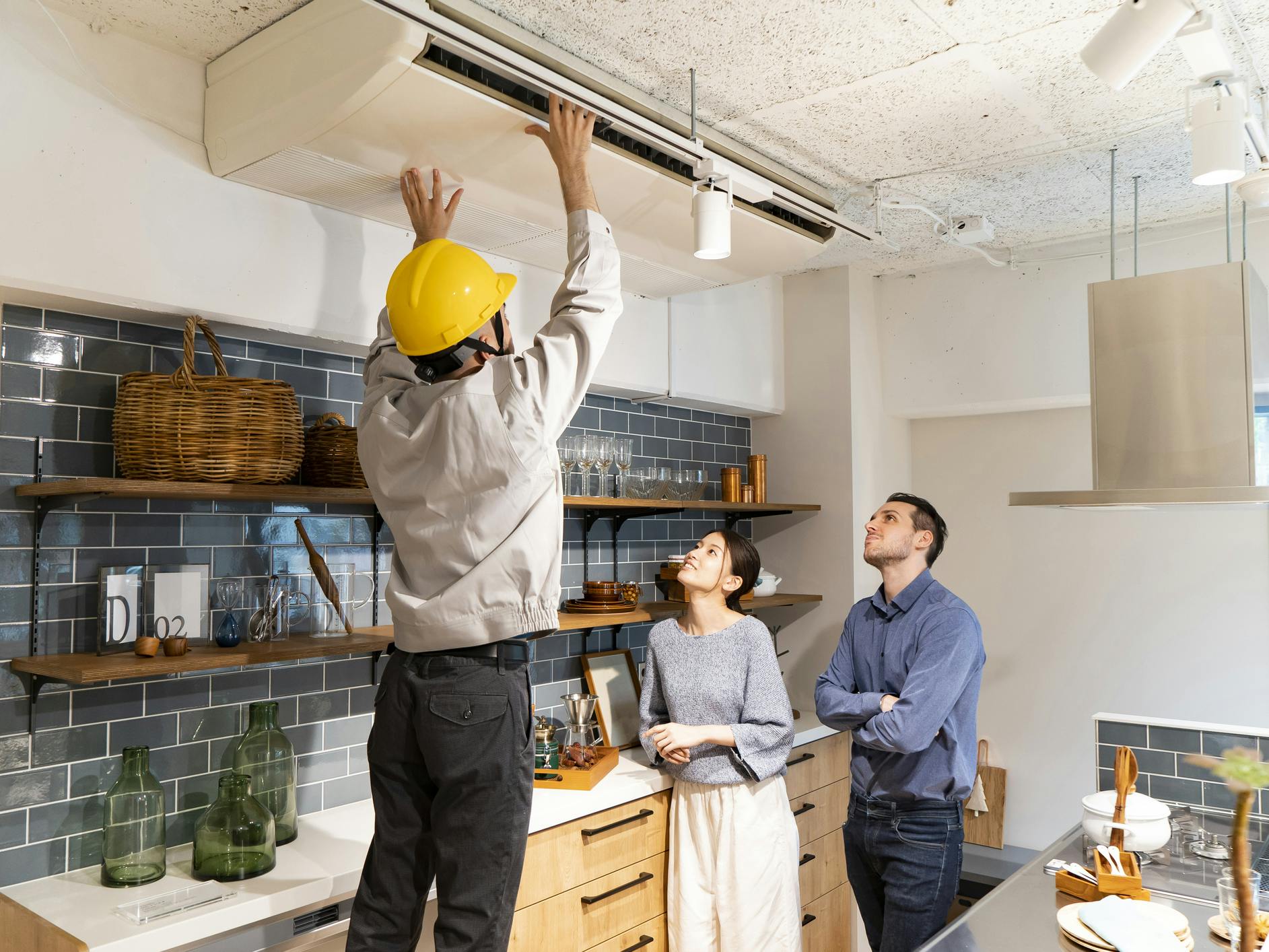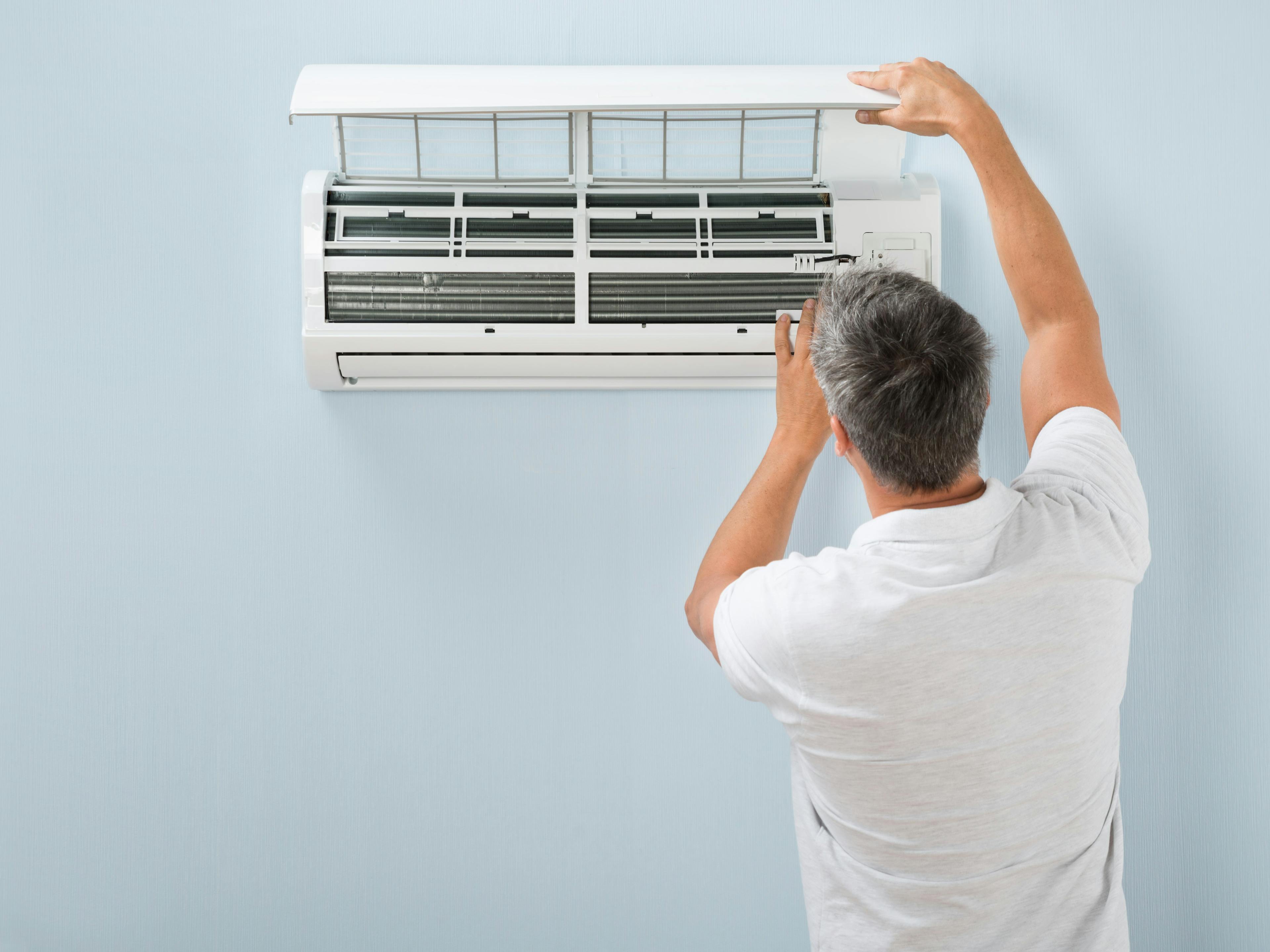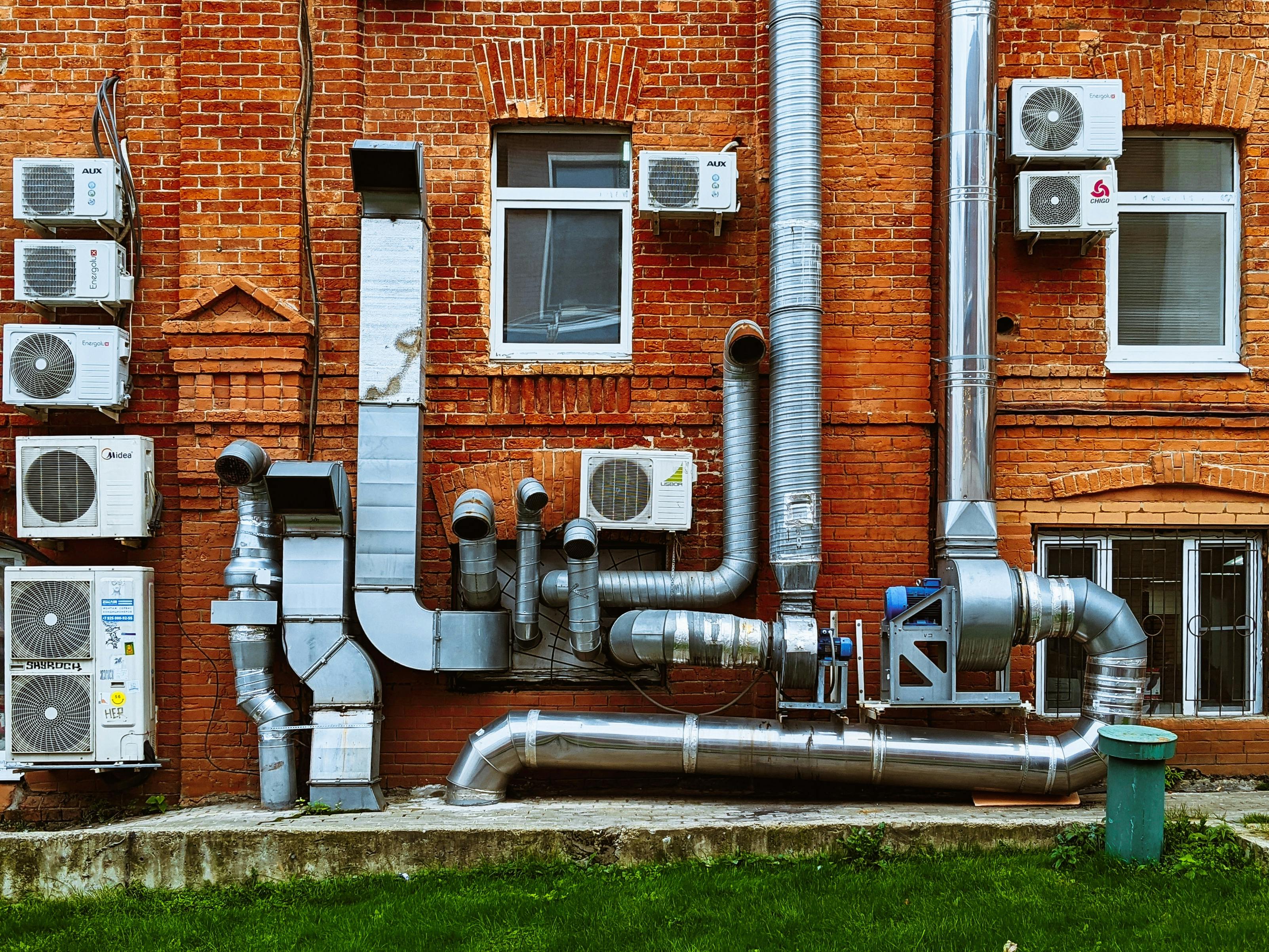When to Replace an HVAC System: Signs, Timing, and Benefits

Knowing when to replace your HVAC (Heating, Ventilation, and Air Conditioning) system is essential for maintaining a comfortable and energy-efficient home. In this article, we'll explore the signs that indicate it's time for an HVAC system upgrade. We'll discuss key factors, optimal timing, and the benefits of replacing your HVAC system. By understanding these aspects, you can make an informed decision and ensure optimal performance, improved indoor air quality, and long-term savings.
Signs That It's Time for an HVAC System Replacement
- Frequent Breakdowns and Costly Repairs: If your HVAC system is breaking down more frequently, requiring costly repairs, it may be a sign that it's nearing the end of its lifespan. Constant repairs can be financially draining, and investing in a new system may be a more cost-effective solution.
- Aging System: Consider the age of your HVAC system. Most systems last 10-15 years. If your unit is approaching or exceeding this timeframe, it's a good indication that replacement should be considered to ensure optimal performance and energy efficiency.
- Rising Energy Bills: If you've noticed a significant increase in your energy bills without any changes in usage patterns, it could be a sign that your HVAC system is losing efficiency. Newer models are designed to be more energy-efficient, resulting in lower utility costs and long-term savings.
- Inconsistent Temperature Control: Uneven heating or cooling throughout your home can indicate an aging HVAC system. If you find that certain areas are consistently uncomfortable, regardless of adjustments to the thermostat, it's a clear sign that your system is struggling to maintain consistent temperature control.
- Declining Indoor Air Quality: Poor indoor air quality can affect your health and comfort. If you notice an increase in dust, allergies, or respiratory issues, your HVAC system may be the culprit. Upgrading to a new system with advanced air filtration capabilities can significantly improve indoor air quality.
Optimal Timing for HVAC System Replacement
- Plan Ahead: Avoid making hasty decisions during peak seasons when HVAC contractors are busy and prices may be higher. Plan ahead by researching, budgeting, and scheduling your replacement during the off-season or when discounts are available.
- Evaluate the Season: Consider the upcoming season when deciding on the best time to replace your HVAC system. For example, if you live in a region with extreme summers or winters, it might be wise to replace your system before the peak season hits to ensure uninterrupted comfort.
- Coordinate with Home Renovations: If you're planning any major home renovations that may impact your HVAC system, such as adding rooms or upgrading insulation, it's a good opportunity to consider replacing your HVAC system as well. This ensures compatibility and maximizes efficiency.
Benefits of Replacing Your HVAC System
- Energy Efficiency and Cost Savings: Newer HVAC systems are designed to be more energy-efficient, which can lead to significant savings on your utility bills. The increased efficiency not only reduces your environmental impact but also provides long-term cost savings.
- Enhanced Comfort: A new HVAC system can provide better temperature control and even distribution of conditioned air throughout your home. This eliminates hot or cold spots, creating a more comfortable living environment for you and your family.
- Improved Indoor Air Quality: Modern HVAC systems often include advanced air filtration technologies that can significantly improve indoor air quality. This is particularly beneficial for individuals with allergies, respiratory conditions, or sensitivity to airborne pollutants.
- Reduced Environmental Impact: Older HVAC systems may use outdated refrigerants that contribute to ozone depletion. By upgrading to a new system, you can choose eco-friendly options that use environmentally safe refrigerants, reducing your carbon footprint.
- Increased Property Value: Replacing your HVAC system can enhance the value of your home. Prospective buyers appreciate modern, energy-efficient systems, and having a new HVAC system can be a selling point when listing your property.
Conclusion
Knowing when to replace your HVAC system is crucial for maintaining a comfortable, energy-efficient, and healthy home environment. By recognizing the signs of an aging system, understanding the optimal timing for replacement, and considering the benefits of upgrading, you can make an informed decision. Consult with HVAC professionals to evaluate your specific needs and select the best system for your home. Remember, investing in a new HVAC system brings long-term benefits in terms of improved performance, energy efficiency, indoor air quality, and overall comfort.

